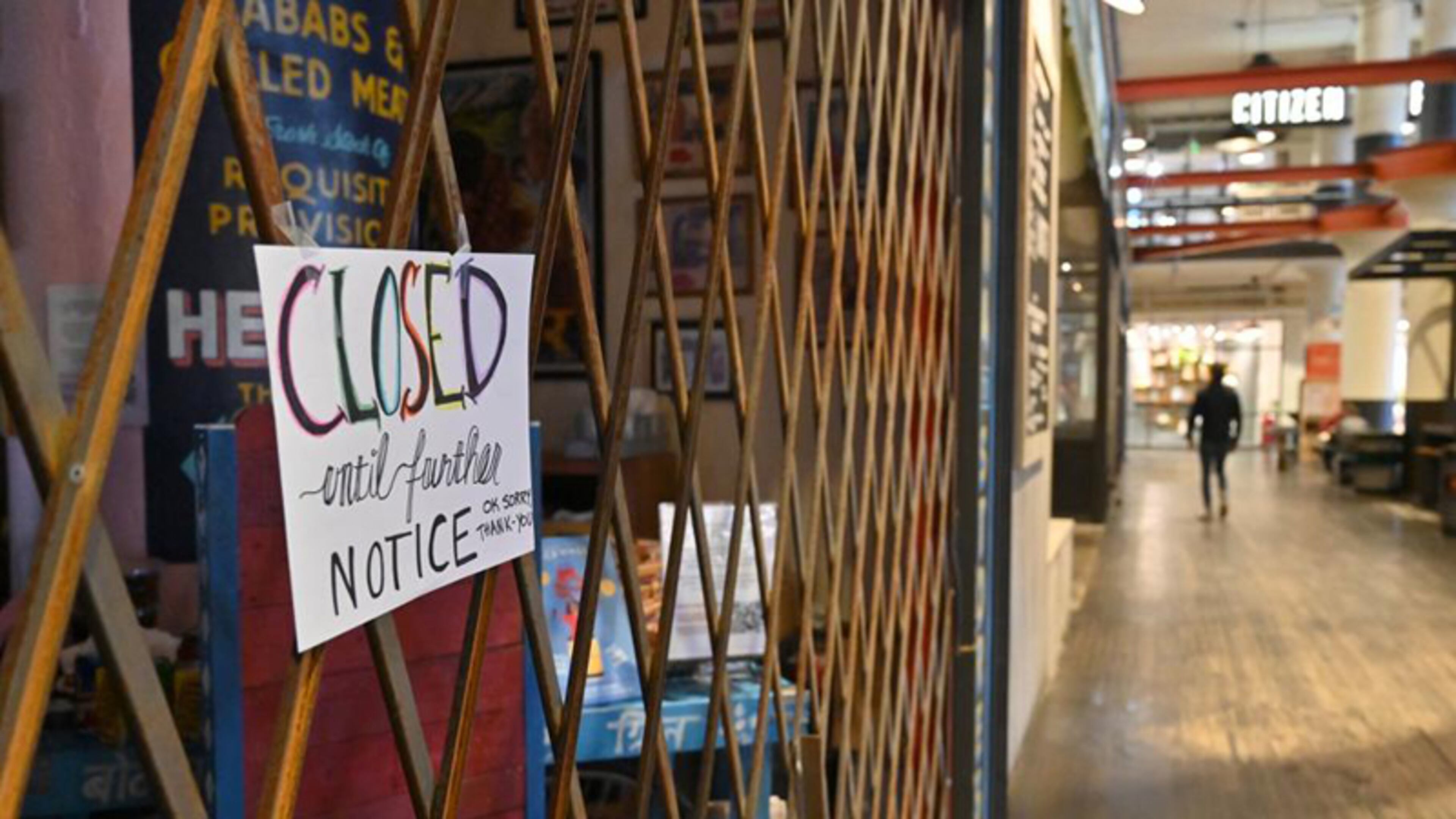Gwinnett County, cities finally have consistent coronavirus response

Late last week, Suwanee decided to close restaurants to sit-down dining. But elsewhere in Gwinnett County, eateries remained open.
That discrepancy was fixed Wednesday, with an announcement from Gwinnett County leaders that finally ensures all county residents are subject to the same rules.
Until early April, the county and its 16 cities ordered all restaurants, breweries and other dining facilities to stop letting people stay. They can remain open for takeout and delivery service, but not for dining. Additionally, gathering places like gyms, theaters and bowling alleys were instructed to close.
The county and cities authorized officers to enforce the order, which goes further than Gov. Brian Kemp's actions in response to the coronavirus pandemic.
Charlotte Nash, the Gwinnett County commission chairman, said because the county provides police services in seven cities, it was important that there be consistency for enforcement. Additionally, about three quarters of Gwinnett County residents live in unincorporated parts of the county — though they often identify with the closest city to them, causing more confusion about what rules stand.
Nash said once the cities all got on the phone together with county leaders, it wasn’t too difficult to come to an agreement. While she said some details may be different in the announcements — Lawrenceville, for example, made sure to mention ice cream shops in its announcement — she said the “spirit and intent” of the rules will stay “as consistent as possible.”
“Folks don’t have to grapple with which set of rules actually applies,” she said. “It’s not just changing day to day, it’s changing hour by hour.”
Chuck Warbington, the Lawrenceville city manager, said any further announcements will also be consistent. He and Nash both said the group had discussed a stay-at-home order, but had no plans yet to require residents to do so. Nash said there were additional steps the county was still able to take to contain the spread of COVID-19 before requiring that people stay in their houses.
Warbington said it was “surprisingly easy” to get everyone to agree after conversations started Monday. The decision to close restaurants countywide came after requests to keep patrons at least six feet apart weren’t necessarily followed. Warbington said after Suwanee ordered its restaurants to close, many diners simply moved to a neighboring city that hadn’t yet established rules for eating out.
“It caused a problem,” he said.
Friday, Suwanee City Manager Mary Allen said he hadn’t made the decision to close restaurants lightly, but that there was an “increasingly compelling” case to do so in order to save lives.
“There absolutely will be economic impact,” he said. “We don’t know what it will be yet.”
Allen said then that he expected the rules across the area to be consistent before too much time had passed. Warbington said he was impressed by the cooperation by local governments.
At least one local leader questioned the decision. In a text message, Commissioner Tommy Hunter said he was “amazed at how quickly government has seized control of most of our everyday lives.” He said he’d asked leaders to look at suspending taxes and fees on affected businesses “to help them cope with this government over reach.”
Gwinnett has already said it will extend the deadline to renew business licenses until July 1 and would not collect excise taxes on alcohol sales through May until September.
Gwinnett County also calls for some changes to trash pickup. Bulky waste and yard waste collections will be stopped through April 7 and haulers will only collect bagged trash and recycling that is placed in bins through that day.



